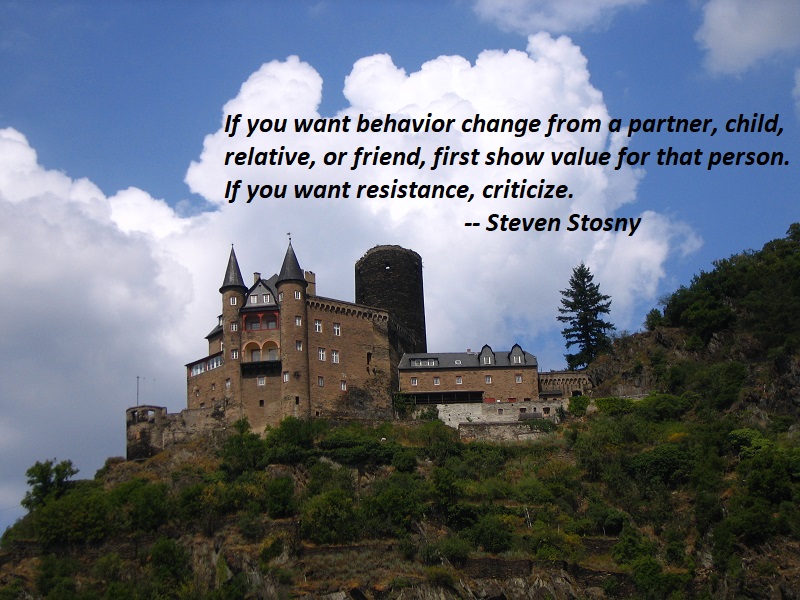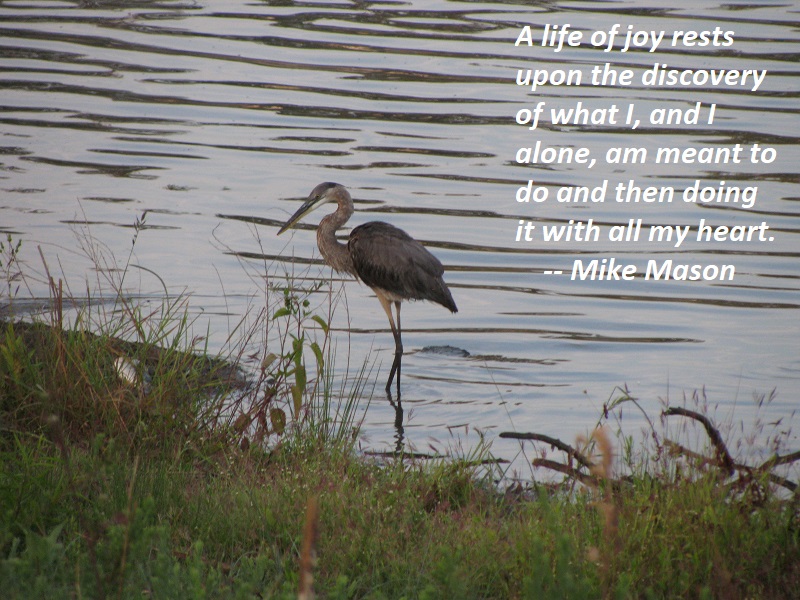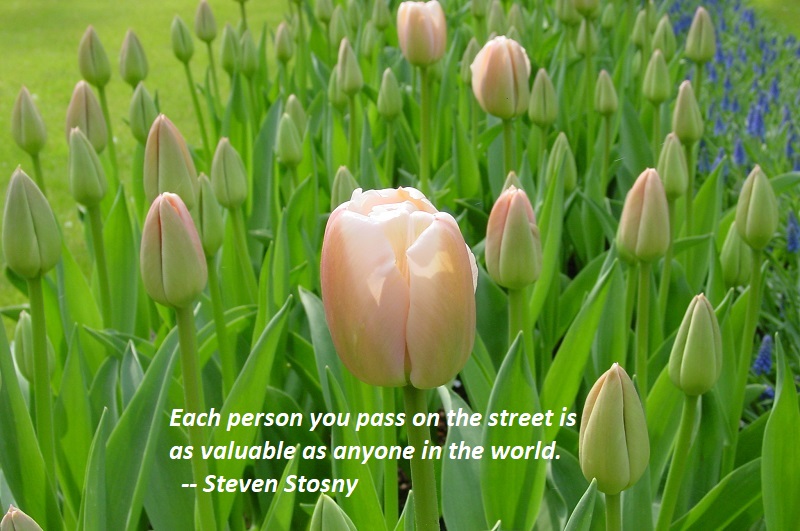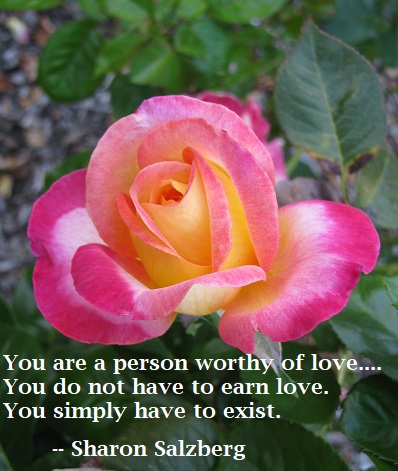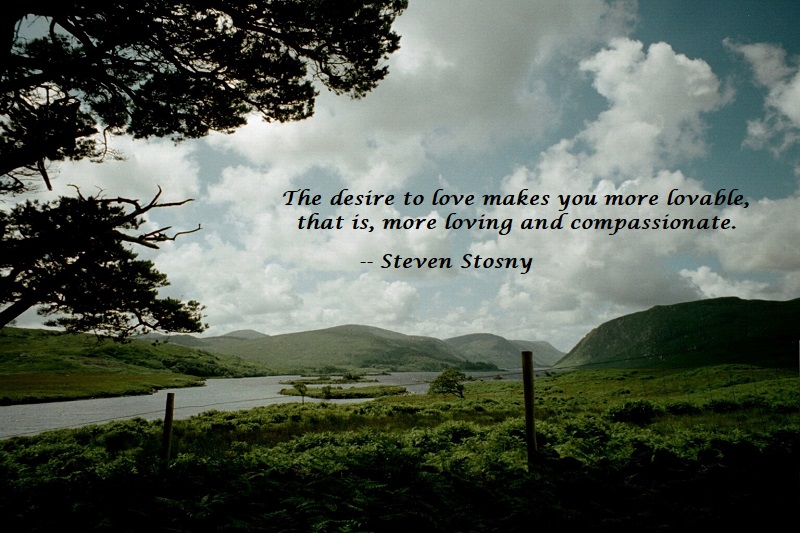Positive Function of Pain
Emotional pain serves the same positive function as its physical counterpart. Feeling disregarded, guilty, devalued, or unlovable prompts you to raise self-regard, compensate for any bad behavior, increase your competence, and be more loving. If you do those things, or merely think about doing them, the pain subsides. If you don’t, it gets worse and worse until it goes numb. I’m not saying that you have to increase loving behavior toward the partner who betrayed you; that would be too risky in the early part of your recovery. To relieve the pain of feeling unlovable, try to be more loving toward your children or parents or friends, or anyone whom you can love with minimal risk.
If you want to exploit the motivational advantage of emotional pain, you cannot view painful memories as punishments inflicted by others or as self-punishments for past mistakes. They are not punishments to be avoided; they are motivations to heal, improve, repair, and grow.
— Steven Stosny, Living and Loving After Betrayal, p. 20-21
[Photo: Keukenhof, Holland, April 17, 2004]

